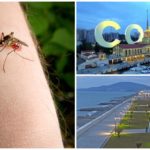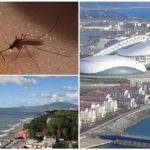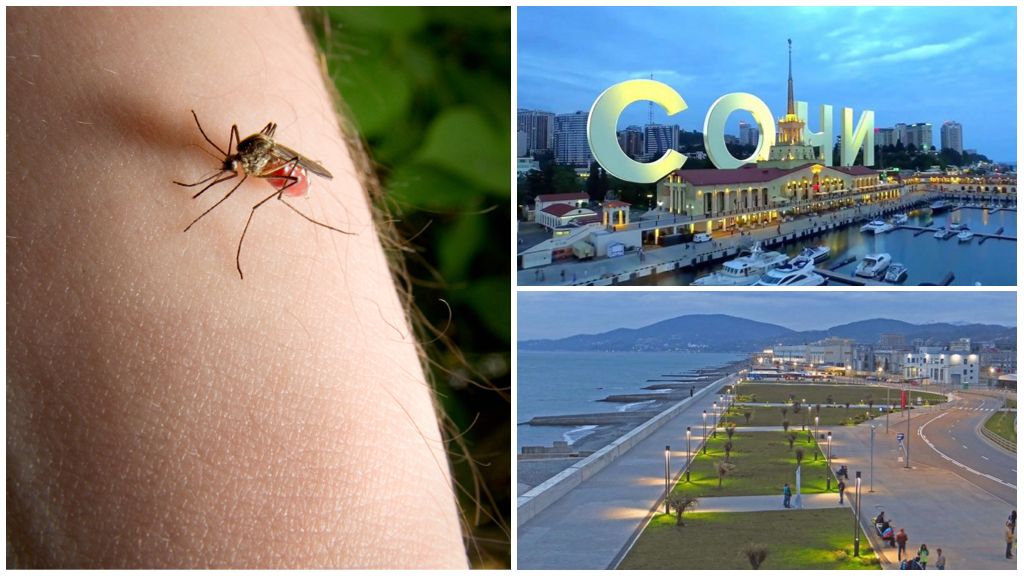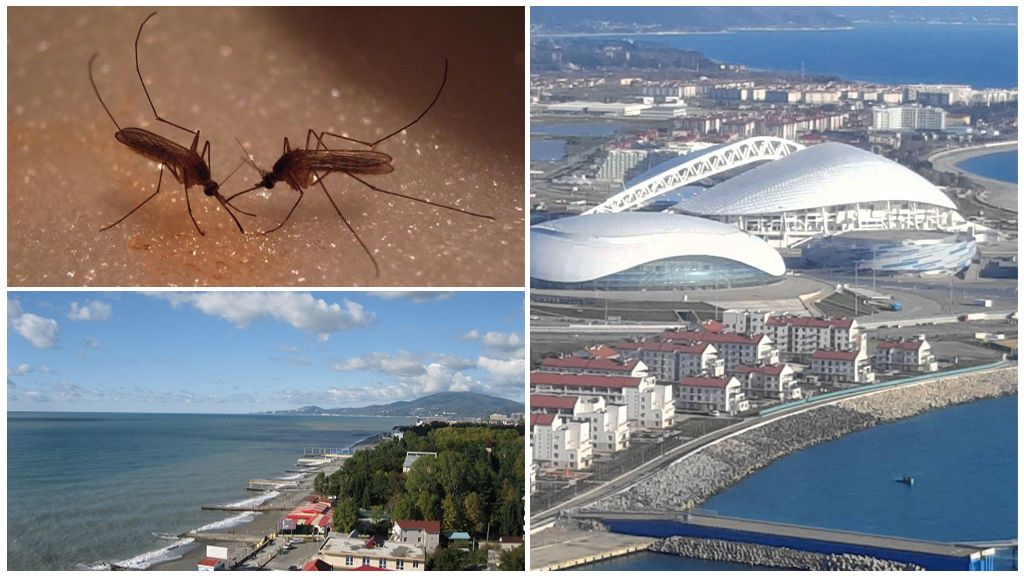Are there mosquitoes in Sochi and Adler
- Mosquitoes in Sochi
- Mosquitoes in the Krasnodar Territory
In order for the vacation not to be overshadowed by the bites of bloodsuckers, you should receive reliable information in advance whether there are mosquitoes in Sochi. There are a lot of opinions on this score and vacationers willingly share them in reviews on the Internet. For a productive existence mosquitoes special conditions are needed, so the number of populations may vary in different regions.
Features of distribution in Sochi and other resorts of the Krasnodar Territory
Representatives of the Diptera squad can be found not only in Sochi, but also in the entire resort of the Krasnodar Territory.Many tourists note a small number of these insects. Mosquitoes for life and breeding need a sufficient amount of moisture. For the site of laying females choose standing water. Therefore, most insects are found near estuaries.
Mosquitoes also choose places with dense vegetation where they can wait out the heat.
On a note!
Near the sea, the number of blood-sucking insects is much less and the probability of getting mosquito bites almost zero.
The number of mosquitoes depends on climatic conditions. In July, the hottest month of them the least. But this does not mean that throughout the territory of Sochi and the resorts of the Krasnodar Territory one should not be afraid of being bitten.
A lot of controversy raises the question of whether there are mosquitoes in Adler. Some vacationers assure the complete absence of bloodsuckers. In reality, they are still there, but in a much smaller amount, when compared with regions rich in swamps and fresh water bodies.
In June, the chance to meet the midges and be bitten somewhat lower. This applies to all regions. But you can not cancel and the effects of climate and features of the local landscape.Very often, guests of resorts say the minimum number of bloodsuckers, which practically do not cause inconvenience. And other holidaymakers generally formed the opinion that the midges are not there at all.
On a note!
A large number of tourists love to settle in Lazarevskoye. There are very few blood suckers here, especially in the month of July and August. But in this area there are often torrential and prolonged rains. High humidity will contribute to the active reproduction of insects, and then they will need to be saved from them.
Why so few bloodsuckers
At the beginning of the last century, Sochi and many other regions of the Caucasus suffered from malaria outbreaks. The marshland and many stagnant reservoirs contributed to the fact that a large number of anopheles mosquitothat are carriers of malaria. To remedy this situation, Dr. Sokolov developed a whole program on mosquito control.
There are several versions why there are no mosquitoes in Sochi.
- One of them goes deep into the history of the last century, when malaria raged in this region. Mosquitoes are carriers of this disease and the Sochi authorities have taken all possibleactions to destroy the populations of bloodsuckers. As a result, after a few years, mosquitoes generally ceased to exist there. Later, they still returned, but in smaller quantities.
- According to another version, the moshkar stopped annoying the residents and vacationers of Sochi due to the presence of a large number of coniferous plantations on the territory. Their essential flavors scare mosquitoes, and this has significantly reduced the number. The idea to plant a large number of conifers also belonged to Dr. Sokolov and was part of a plan to eliminate the spread of malaria.
Thus, today in the territory of Sochi and all other resorts of the Krasnodar Territory one can meet blood suckers. Mosquitoes and midges do not pose a health hazard, as no outbreaks of malaria have been detected. But these insects can still spoil the whole vacation. To protect yourself and your family, you should take your favorite ones to the trip. anti-mosquito means.









